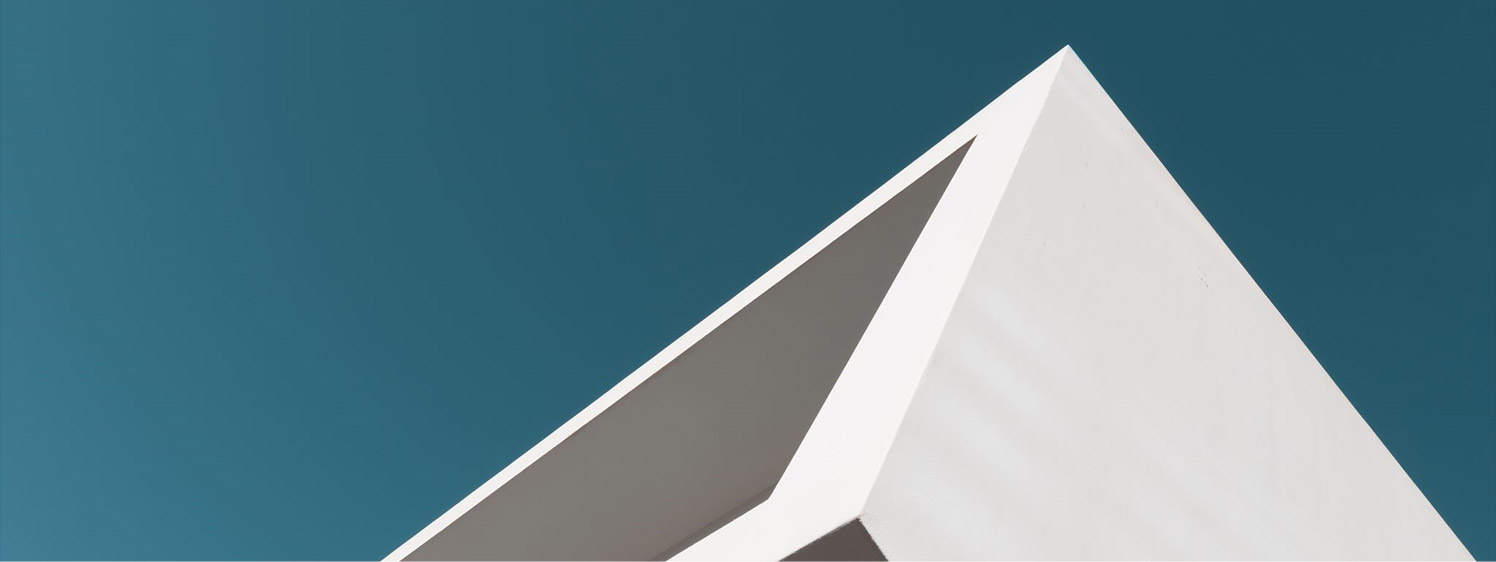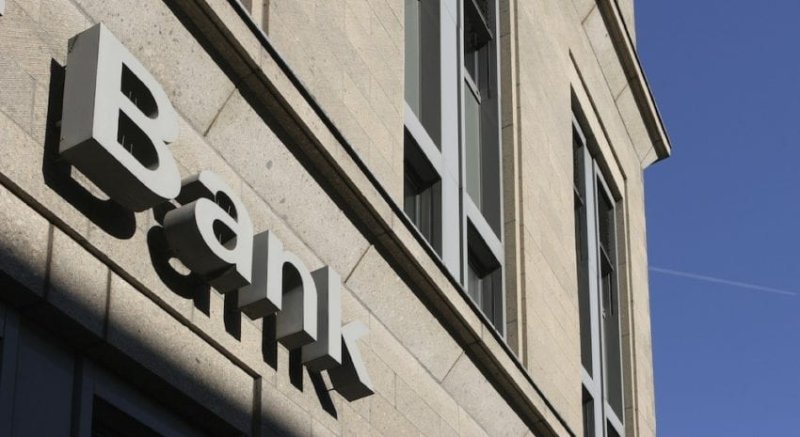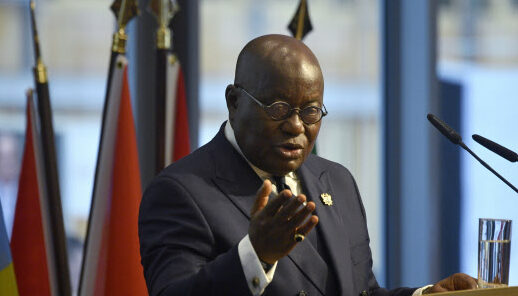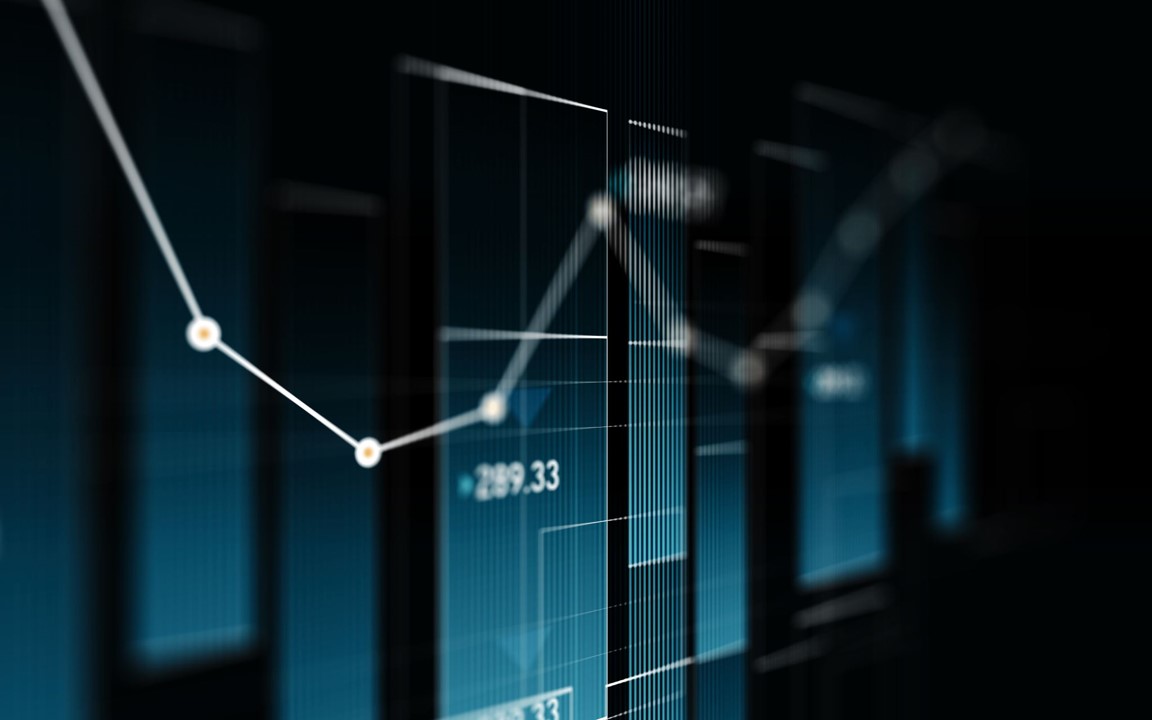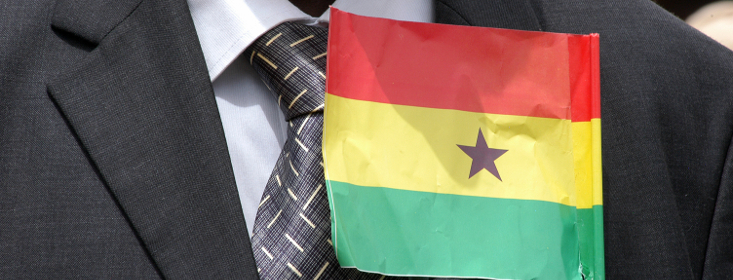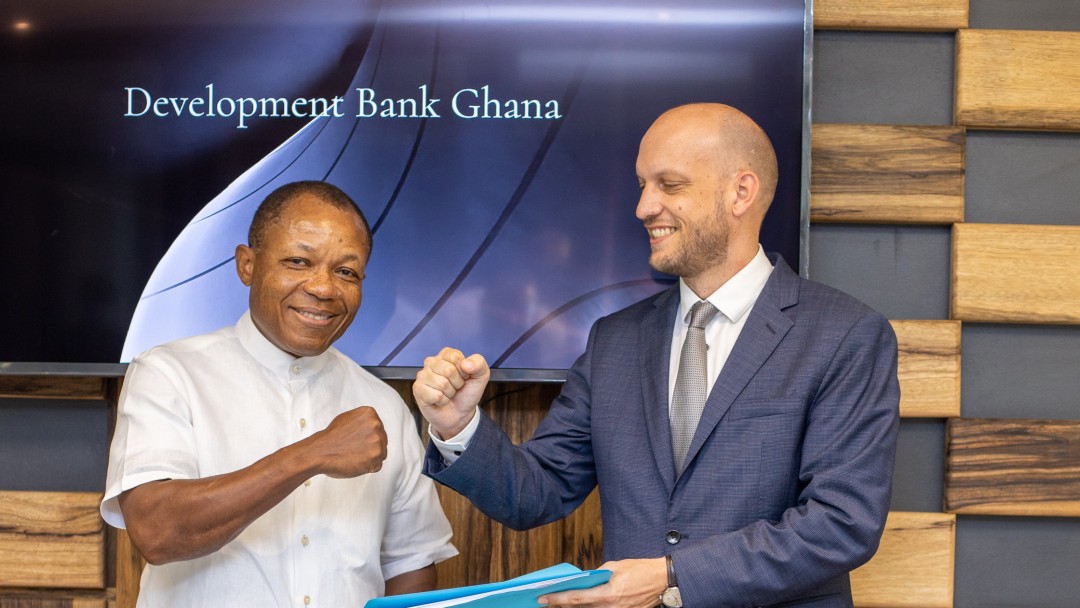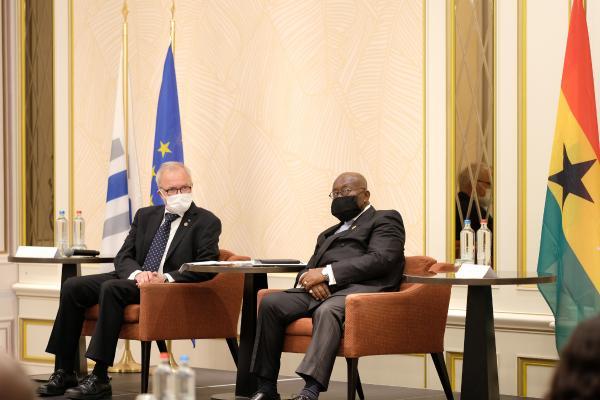- EIB President confirms close relationship with Ghana and shared vision for green transition in Africa
- Largest EIB engagement in Ghana and largest EIB backing for a national bank in Africa
- EIB backing for National Development Bank of Ghana will accelerate economic recovery from COVID-19 and support investment and job creation by thousands of businesses
- National Development Bank to transform long-term business financing in local currency
President Akufo Addo of Ghana, Werner Hoyer, President of the European Investment Bank and Thomas Östros, Vice President, today formally agreed EUR 170 million EIB backing for the new National Development Bank of Ghana. The EIB backing represents the largest ever engagement in Ghana by the world’s largest international public bank and most significant support for a national development institution in Africa.
Once operational in the coming weeks the National Development Bank of Ghana will increase access to long-term finance and boost job creation for thousands of businesses in key sectors, including agribusiness, manufacturing, ICT tourism and other services across Ghana.
“The European Investment Bank is a key partner for Ghana and Africa. As discussed with President Hoyer today, Ghana and the European Investment Bank share the same goals, and our close partnership will accelerate economic growth in Ghana in the future. The EIB’s backing for the new National Development Bank will support Ghana’s vision of empowering our private sector to embrace new business opportunities, create skilled jobs and successfully overcome COVID-19 challenges. The EIB’s unique technical, environmental and financing expertise is supporting priority business investment and delivering the green transition in Ghana and across Africa.” said President Akufo Addo.
“Since the start of the pandemic, the EIB has worked closely with visionary governments and private sector partners across Africa to ensure that together we can tackle the health, economic and social impact of COVID-19. Together with experts from the Ghanaian government, international financial partners and the EU Delegation in Accra the EIB is pleased to support the new National Development Bank of Ghana. The new institution will transform private sector investment across Ghana, enabling thousands of entrepreneurs and businesses to access long-term financing in local currency and strengthen resilience to COVID-19. Over the last 45 years the EIB has provided more than EUR 626 million to directly support entrepreneurs, agriculture, industry and energy investment across Ghana including the original and renovated Kpong Dam recently inaugurated by President Akufo Addo. As part of Team Europe and thanks to its local presence in Western Africa, the European Investment Bank aims to strengthen its support for ambitious investment in Ghana in the years ahead.” said Werner Hoyer, President of the European Investment Bank.
“The European Union has a long-standing partnership with Ghana and we share a broad common agenda to tackle global challenges, such as climate change and pandemics. Today’s new agreement to support the new National Development Bank of Ghana will boost private sector growth and economic resilience to COVID-19 and builds on the European Investment Bank’s enduring engagement to support high-impact investment in Ghana, in a true Team Europe spirit.” said Jutta Urpilainen, European Commissioner for International Partnerships
President Akufo Addo, Minister of Finance Ken Ofori-Atta, EU Ambassador to Ghana Diana Acconcia and President Hoyer highlighted the importance of ensuring that Ghanian businesses can access long-term financing to expand activities, harness new business opportunities and strengthen economic resilience to health and business challenges triggered by the COVID-19 pandemic at a signature ceremony in Brussels.
The announcement took place in Brussels following the African Financing Summit convened by President Macron and attended by President Akufo Addo and President Hoyer, along with heads of state and government, and international organisations from across Africa, Europe and the G7.
Enabling Ghanaian business to flourish and invest in challenging times
The new National Development Bank of Ghana will provide long-term wholesale financing, including working capital and investment loans, to the private sector through commercial banks.
The new institution will transform access to finance by small business and larger companies across Ghana and unlock investment in agribusiness, manufacturing, informational technology and tourism.
The National Development Bank of Ghana has been created by the Government of Ghana and supported by the European Investment Bank, the World Bank and the German Federal Ministry of Economic Cooperation and Development (BMZ) through the German Development Bank KfW.
Supporting green power in Ghana
Construction of the original Kpong Dam in 1976 to harness power of the Volta River was the first energy project in Ghana financed by the European Investment Bank. The EIB is now providing EUR 12.5 million for renovation of the Kpong Dam, alongside the French Development Agency, AFD.
The renovated plant will be more efficient, reliable and safe, as well as saving an estimated 400,000 tons of carbon dioxide emissions a year by contributing 1000 GWh of low-cost hydro energy a year to the national grid.
Building on 45 years of EIB engagement in Ghana
Over the last 45 years, the European Investment Bank has provided more than EU 626 million for investment by entrepreneurs, agriculture, industry and energy across Ghana.
The EIB is the world’s largest international public bank and last year provided EUR 5 billion for public and private investment across Africa supported by nine regional offices across the continent.
https://www.eib.org/en/press/all/2021-166-president-akufo-addo-welcomes-eur-170-million-eib-support-for-new-national-development-bank-of-ghana

